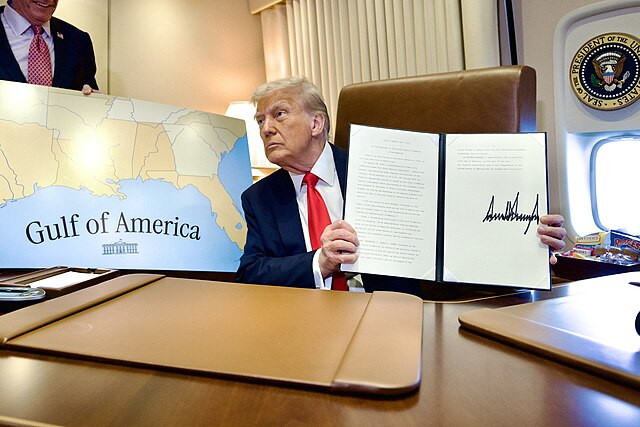President Donald Trump announced on Friday that the United States will impose a 30% tariff on all imports from the European Union and Mexico starting August 1, escalating trade tensions with two of the nation's largest partners. The move, revealed through formal letters posted to Truth Social, is part of a broader tariff campaign affecting more than two dozen countries and sectors.
"The United States of America has agreed to continue working with the European Union, despite having one of our largest Trade Deficits with you," Trump wrote in a letter to European Commission President Ursula von der Leyen. "Nevertheless, we have decided to move forward, but only with more balanced and fair TRADE."
The new tariffs apply across all imported goods from both trading blocs, excluding existing "Sectoral Tariffs" such as the 25% auto duty. Trump warned that if the EU or Mexico retaliates, their countermeasures would be met with additional duties matching the percentage of their response-effectively allowing tariffs to climb well above 30%.
European leaders swiftly condemned the decision. Von der Leyen said the EU "remains ready to continue working towards an agreement" before the August deadline, but warned that the bloc "will take all necessary steps to safeguard EU interests, including the adoption of proportionate countermeasures if required."
French President Emmanuel Macron called for "credible countermeasures" and urged the bloc to "mobilise all the instruments at its disposal, including anti-coercion," if no deal is reached. Italy's Giorgia Meloni expressed hope for a "fair agreement," and Dutch Prime Minister Dick Schoof said the EU "must remain united and resolute." Germany's Association of the Automotive Industry called the looming duties "regrettable" and warned of rising costs for carmakers and suppliers.
In a separate letter to Mexican President Claudia Sheinbaum, Trump said the tariffs were necessary to curb the flow of fentanyl into the U.S., adding, "Mexico has been helping me secure the border, BUT, what Mexico has done, is not enough." Mexico's economy minister Marcelo Ebrard responded that the proposal was "unfair treatment" and said the two countries were negotiating an "alternative to protect businesses and jobs on both sides of the border."
The tariffs would hit many goods previously covered under the United States-Mexico-Canada Agreement (USMCA), a trade pact negotiated during Trump's first term. The White House has not clarified whether those goods would remain exempt.
As part of a sweeping campaign, the Trump administration also issued tariff notices this week to Canada (35%), Japan, South Korea, and Brazil, among others. Treasury Secretary Scott Bessent defended the approach, stating in May that "EU proposals have not been of the same quality that we've seen from our other important trading partners."
Trump has expressed frustration with digital services taxes and value-added taxes imposed by EU members, calling them examples of non-tariff barriers. These taxes target gross revenue from tech firms and digital platforms, regardless of profitability-a practice U.S. officials argue unfairly burdens American companies.
"Our relationship has been, unfortunately, far from reciprocal," Trump stated. The administration has accused the EU of negotiating in bad faith and, in previous months, threatened to raise tariffs to as high as 50%.
As of Saturday, the administration has announced or proposed new tariff terms for 24 countries and the European Union. On April 12, White House trade adviser Peter Navarro declared a goal to finalize "90 deals in 90 days," though only preliminary outlines have emerged with the United Kingdom and Vietnam.






